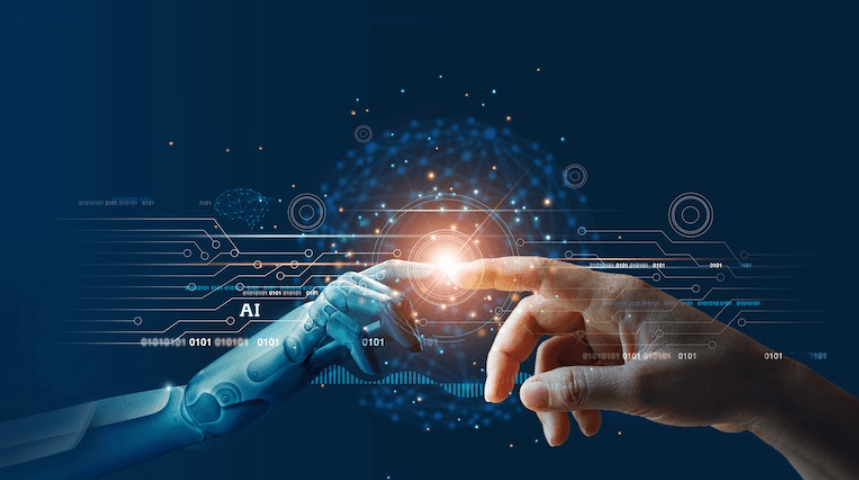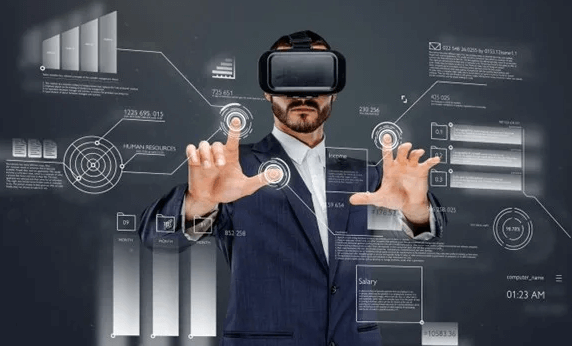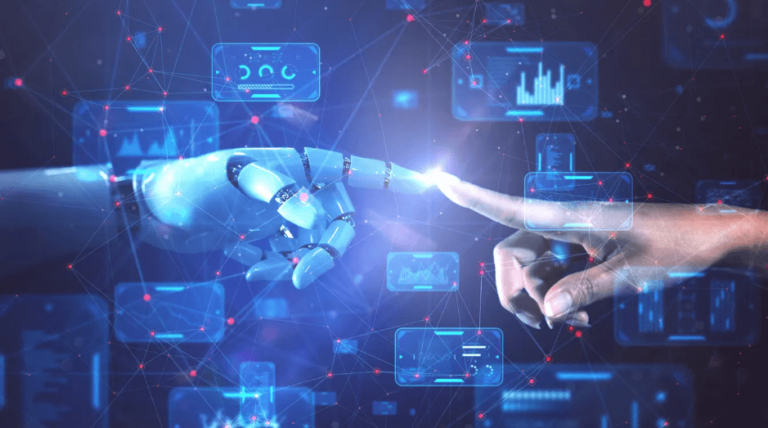The Future of Technology: Trends, Innovations, and Impact
Technology has become the driving force behind modern society, influencing how we work, communicate, and live. From artificial intelligence to the Internet of Things, the pace of innovation is accelerating, and businesses, governments, and individuals must adapt quickly to stay ahead. In this article, we will explore the latest tech trends, their impact on industries, and what the future holds for technology in everyday life.
The Rise of Artificial Intelligence (AI)
Artificial Intelligence (AI) is no longer just a futuristic concept—it is shaping industries today. From chatbots in customer service to AI-powered analytics in business decision-making, the applications are endless.
- Automation of tasks: Businesses are using AI to handle repetitive tasks, reducing errors and increasing efficiency.
- Smart recommendations: Streaming platforms, e-commerce stores, and social media rely heavily on AI algorithms to provide personalized recommendations.
- Healthcare advancements: AI assists in medical diagnostics, drug development, and robotic surgeries, saving time and improving accuracy.
With the introduction of Generative AI models, we can expect even more advanced solutions for content creation, design, and problem-solving.
The Growth of Cloud Computing
Cloud computing has revolutionized how businesses store, manage, and access data. Instead of relying on local servers, organizations now prefer cloud-based solutions for flexibility and cost efficiency.
- Scalability: Companies can scale up or down their IT resources depending on demand.
- Remote access: Cloud platforms support remote work by allowing employees to access files and applications from anywhere.
- Security enhancements: Advanced encryption and cybersecurity measures make the cloud safer than traditional storage systems.
Tech giants like Amazon Web Services (AWS), Microsoft Azure, and Google Cloud are continuously innovating to provide faster, more secure, and more affordable services.
The Internet of Things (IoT) Revolution
The Internet of Things (IoT) connects everyday devices to the internet, enabling them to collect and share data. From smart homes to industrial IoT applications, this technology is transforming multiple sectors.
- Smart homes: Devices like Alexa, Google Nest, and smart thermostats make daily life more convenient.
- Healthcare: Wearable devices track patient health in real time, allowing doctors to monitor conditions remotely.
- Industrial IoT (IIoT): Manufacturing plants use sensors to optimize machinery performance and reduce downtime.
As IoT expands, it will lead to smarter cities, efficient energy management, and enhanced lifestyle experiences.
Cybersecurity in the Digital Age
With rapid digital transformation comes the increasing threat of cyberattacks. Cybersecurity has become a top priority for businesses and governments alike.
- Data breaches: Companies must protect sensitive customer information from hackers.
- Ransomware attacks: Organizations are investing in security measures to safeguard against financial and reputational losses.
- AI-powered defense: Just as AI can be used for attacks, it is also being used to create smart defense systems.
Cybersecurity is expected to grow into a trillion-dollar industry as threats evolve and data protection becomes more critical.
5G Technology and Connectivity
The rollout of 5G technology is transforming connectivity worldwide. Unlike previous generations, 5G offers ultra-fast speeds, low latency, and massive device connectivity.
- Enhanced mobile experience: Streaming high-quality videos and playing cloud-based games without lag is now possible.
- Smart cities: 5G enables the infrastructure for connected cars, real-time traffic management, and advanced public safety systems.
- Business applications: Remote surgeries, autonomous vehicles, and immersive virtual reality are powered by reliable 5G connections.
The global adoption of 5G will open doors for new innovations, making connectivity more seamless and powerful.
Blockchain Beyond Cryptocurrency
When people hear “blockchain,” they often think of Bitcoin and cryptocurrencies. However, blockchain technology has far-reaching applications across industries.
- Supply chain management: Blockchain ensures transparency and traceability from production to delivery.
- Healthcare records: Secure patient data management reduces risks of tampering and unauthorized access.
- Smart contracts: Automated contracts that execute when conditions are met, reducing the need for intermediaries.
As businesses explore Web3 technologies, blockchain is becoming a foundation for decentralized finance (DeFi), NFTs, and new digital ecosystems.
The Role of Green Technology
With growing concerns about climate change, green technology is gaining traction. Innovations are focused on reducing carbon footprints and promoting sustainability.
- Renewable energy: Solar, wind, and hydropower technologies are becoming more efficient and affordable.
- Electric vehicles (EVs): Companies like Tesla and Rivian are pushing the shift toward cleaner transportation.
- Smart grids: Energy-efficient systems reduce waste and enhance reliability.
Green tech is not just a trend but a necessity for a sustainable future.
The Future of Technology
Looking ahead, we can expect several advancements:
- Artificial General Intelligence (AGI) capable of human-like decision-making.
- Quantum computing revolutionizing problem-solving in medicine, finance, and logistics.
- Metaverse development creating new ways of social interaction, business, and entertainment.
- Biotechnology integration enhancing healthcare and human longevity.
The fusion of multiple technologies will lead to breakthroughs that reshape society in unimaginable ways.
Conclusion
Technology is advancing at a rapid pace, and its influence is undeniable. From AI and cloud computing to 5G and blockchain, innovations are transforming industries and everyday life. While these developments bring exciting opportunities, they also present challenges in cybersecurity, ethics, and sustainability.
For businesses and individuals, staying updated with tech trends is no longer optional—it is essential. The future belongs to those who embrace change, adapt quickly, and leverage technology to create smarter, safer, and more sustainable solutions.



